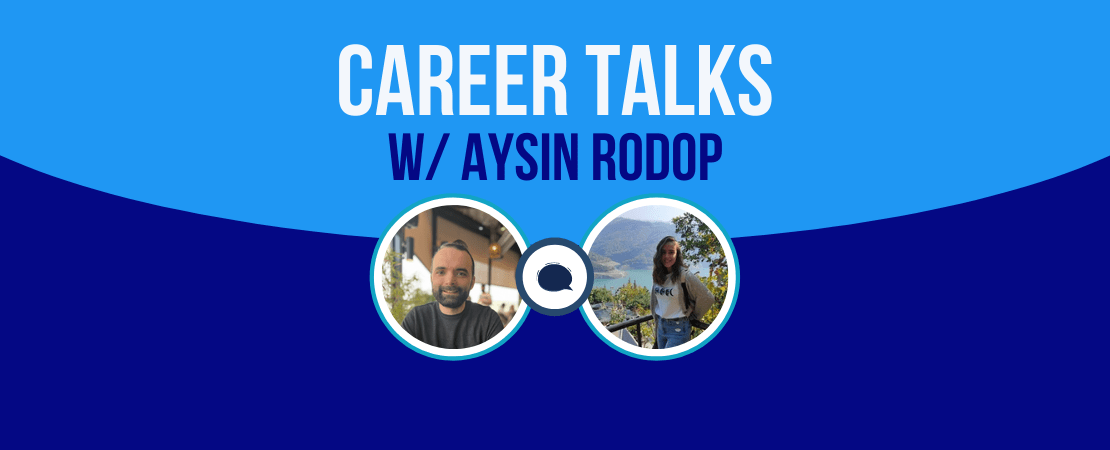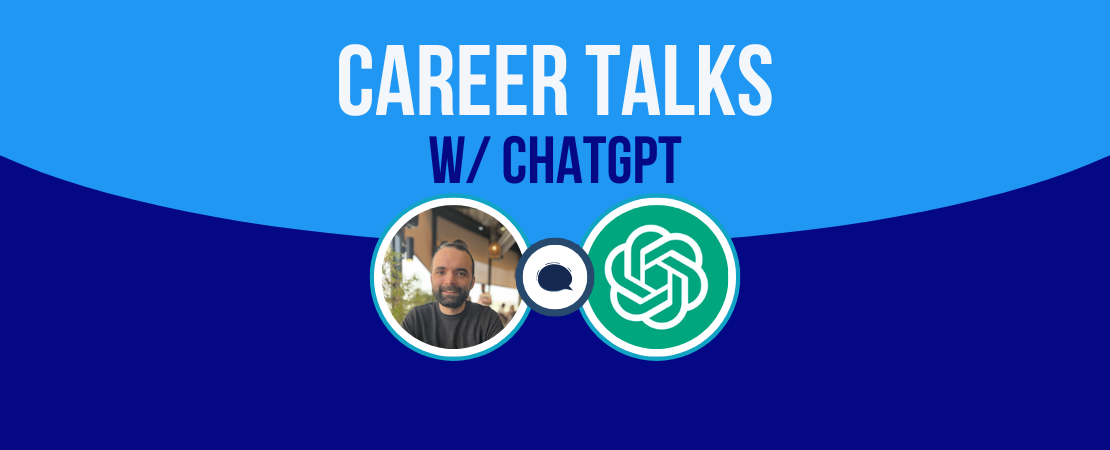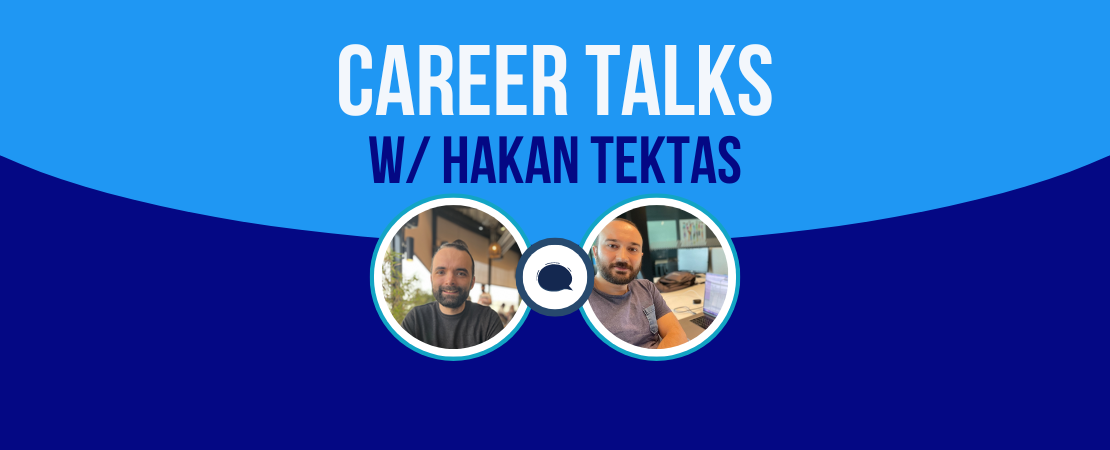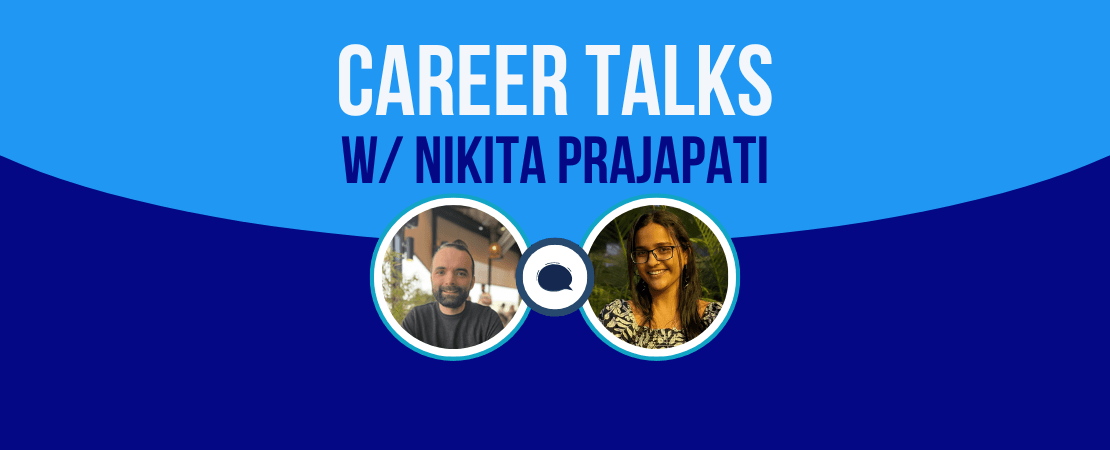Baris Q1: Tell me a little about your career path
Aysin In the last months of 2019, I started my career as a “technical support engineer” in an international company while I was in my last year of university. My job was to actively work on the technical support line of the company’s in-house software, the web security scanner. I worked actively in that position for almost 2 years. During this time, users who own the product were reaching out to us about issues they saw as problematic or feature requests.On our side, these issues were filtered and we were starting to follow the path to be followed for a solution. We used to do frequent “live-troubleshooting” meetings with customers. During these, I had the opportunity to see how users approach active software, ease of use/difficulties, or preferred ones from a user’s point of view. For this reason, I made a field change to switch to the software testing part in the summer of 2021.
I started working in this position at Mobven, believing that the time I worked on a customer basis gave me a “user-oriented perspective”. I am actively working as a “test engineer” in the international banking application during these times and I am close to completing my first year.
Baris Q2: What does it take to be a great software tester?
Aysin I believe that I need more time and experience them in-depth to count them clearly, but what I have in mind is as follows:- Communication
- Detailing
- Ability to analyze
- Predisposition to teamwork
- Asking questions/looking from different angles
As testers, we are in contact with many different groups daily. With project managers for operation, with software developers for developments, etc. for this reason, if we think of the project we are working on as groups, we need to be in constant teamwork. During development or afterward, it is necessary to approach the feature with all possible scenarios with accurate and detailed analysis. And most importantly, we need to be able to convey the outputs in detail.
Baris Q3: What do you think has made you successful thus far?
Aysin I would like to say the combination of perseverance/effort and will. Striving for what I want to do has yielded good results so far.Baris Q4: What advice do you have for people who want to become software testers and advance in their careers?
Aysin I think as testers, we work in an active field, so I recommend them to develop themselves both technically and in communication/teamwork, which we call soft skills. One needs the other. It takes patience and eagerness to experiment. When we look at the same point, it is necessary to be open to possibilities by thinking about whether we can discover something new.From a technical point of view, it is important to discover that manual testing is the basis of automation. We cannot separate the two from each other. The tools or software languages used may vary, but our approach to testing and quality should stay always the same.
Baris Q5: What were some of the key breakthrough moments in your career?
Aysin Changing the field. I am a computer engineering graduate and this means a very broad education in our country. Our possibilities can differ. We can choose software, security, testing, DevOps, and many more. Therefore, my first job position created an opportunity for me to discover where I wanted to be. I think that our possibilities are focused on a single point when we are newly graduated, whereas the IT sector hosts different and new positions.


